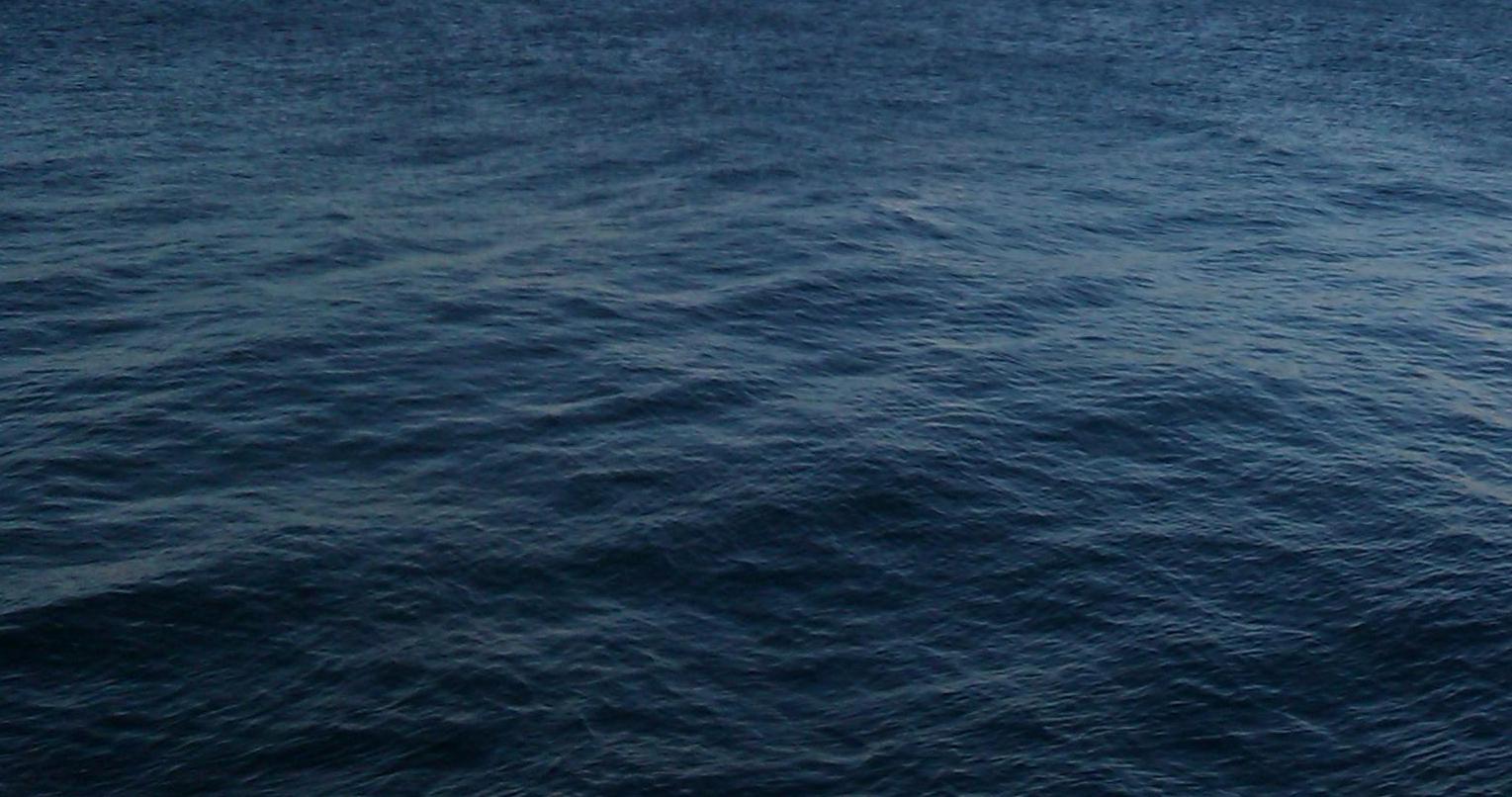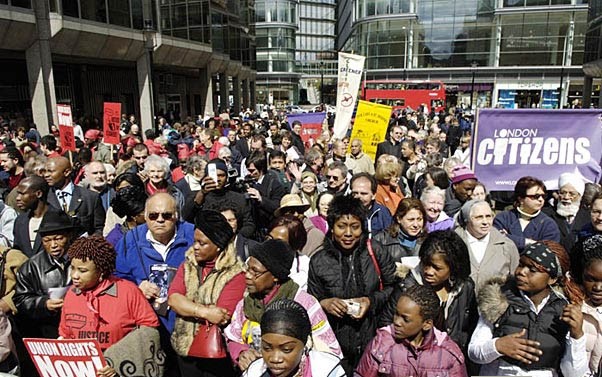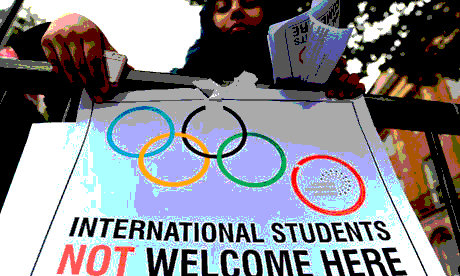Crisis in the migrant sector
The other day, there were landings in three Sicilian ports and in Sardinia. One and a half thousand people who somehow, between one deal and another made far above their heads, managed to get past the Libyan Coast Guard. But they were the exception. Landings are down by two thirds compared with the same months last year. The Libyan deal is holding stronger than a month ago, and the departures from Tunisia also seem to have been blocked.
Keynes in Never-Never Land
In the province of Palermo, however, there are more asylum seekers than ever. At the beginning of the year there were 8 hostels for newly arriving adult asylum seekers, totaling less than 600 people. There are now around 40 such centres, all contracted out to private businesses – some of them under investigation for Mafia corruption – by the prefecture. This is because, despite being known as a city with a high number of migrants, Palermo has had very few prefecture-run “emergency” hostels till now: the migrants communities in Palermo are long-standing, also acting as a pole of attraction for many people in Sicily who, on leaving their hostels, try their luck in the capital (if not Rome and Milan, now hit by increasing homelessness). At the beginning of the year, thanks to the new agreement between Italy’s mayoral association, it was clear that the ratio between asylum seekers and residents was going to be re-balanced. This means that there are currently around 2,500 people in the prefecture-run hostels (the majority of whom arrived this Summer), which may rise to 5,000. And then there are the minors, who account for around another 1,500 people.
A concrete result of the lack of landings, however, is that there are no more minors coming to the port of Palermo directly to fill up the hostels for unaccompanied foreign minors across the province. Gradually the minors are turning 18 and being either sent to the hostels for adults, if they are still waiting for their documents or, if they have their documents already, risk being turned out onto the street. Thanks to the practice of simply asking people’s year of birth on arrival at the ports, perhaps as many as half of the minors are registered as being born on January 1st. This means that at the beginning of 2018 we will again experience the weird phenomenon of a large number of people all turning 18 at the same moment, putting pressure on the adult hostel system and ultimately many becoming homeless, despite having been recognised by the state as deserving of legal protection.
The whole process is then going to have an impact on the migrant sector as a business. The hostels for minors will be forced to close, and indeed some are closing already in anticipation. As they close, the teenagers have to be redistributed among the remaining hostels for minors, which then come under pressure to kick out any of the 18-year-olds still left there. The adult hostels will get more packed at first but eventually the asylum seekers will gradually become either refugees or rejects. The sector will thus have to shift over – as I’ve noted before – from welfare for asylum seekers to welfare for refugees. The Italian state is going to have to create more welfare provisions for immigrants just as it is for Italian citizens, something that we’re seeing with the various (usually EU funded) schemes to “battle poverty”. Just as in the 1950s and 1960s, Italy is again functioning as a pool of young and cheap labour for Northern Europe, and Southern Italy for Northern Italy, a pool which has to be offset by the formation of a welfare state to support those who remain in areas that have been drained of their labour supply. The migrant sector functions also as an important source of EU-funded employment, essentially a stimulus program.
How is the new sector going to work? One possible sign has just come from Rome, where the Five Star mayor (who has caused complete chaos in the migrant sector, managing to make a third of the asylum seekers homeless by essentially sacking the civil service in the city: so much for the technocrats) is proposing to divert the funds from the Prefecture into private homes and individuals rather than cooperatives. The proposal is simple: if a small business is paid €35 per day per migrant in a hostel, why not instead give a family the money directly? The reason this plan is idiotic and dangerous, of course, is that those funds are meant to pay for legal, psychological and linguistic assistance centralised through the hostels. Such services are not yet available for asylum seekers in any decentralised, state-supported manner. But of course, this program would function well as a stimulus program, essentially putting €12,000 a year into people’s pockets – and, if the lack of regulation in the hostels is anything to go by, with very little oversight.
The March on Venice
And hostel system is indeed crumbling at the edges. The hostels are called “centres” in Italian (centri) but in English they are usually termed “camps” by asylum seekers themselves, leading to the adoption of the Italian word “campo” in vernacular, as a compromise (which in Italian really means “field”, leading to the occasional confusion in translation). This is more than a linguistic peculiarity however: there is a spectrum of modalities for the management and type of hostel, from small apartments through former resort hotels to tent structures and packed out dormitories. The “camps” true and proper, in which a thousand people are housed and include large tents as part of their structure (the kind we might associate with UN refugee camps in other continents), are few and dwindling, and meeting constant resistance.
The most note-worthy recently was that at Conetta, a former military base in the region of Venice, home to 1,400 people. Back in January this year, a young Ivorian woman, Sandrine Bakayoko, died there after waiting for an ambulance too long. The conditions are abysmal, and the staff overstretched and underpaid. USB, a grass-roots trade union, and other groups have been helping the residents organise protests and send reports all year. Finally, two weeks’ ago, the activities culminated in an innovative and courageous protest, in which 250 of the residents walked out of the camp, marching towards the Prefecture in Venice to demand they be transferred to other hostels. They slept either in the open or in parish buildings along the way. After three days of marching they reached the Prefecture and, after a long negotiation, managed to obtain assurance of transfers for all the protesters. Some days later, another 50 asylum seekers walked out attempting to gain the same victory. After days of negotiation with the Prefecture, however, they were threatened with being kicked out of the hostel system altogether, and decided to return to the military base en masse. The tactic, of course, has to be broken: it is quite possible, however, that we will see it used in other locations, especially as the government attempts to reorganise the migrants sector within the new context of the Libyan blockade.
The Best of All Possible Evils
The Italian government’s strategy is always give and take: give to the migrant sector business in Italy, take away freedom of movement from people trapped in the chaos of Libya. These two tendencies are melding together however through the contracts being awarded to Italian companies for the management of migration in Libya itself (and the reconstruction of Libya). The deadline for NGOs to apply for the two million Euro contract to provide assistance in the Libyan detention centres of Tarek al Sika, Tarek al Matar and Tajoura has just come to a close (all detention centres with no clear legal basis), amid protest and controversy. Assistance will include distribution of “winterisation items” and psychological counseling, among other provisions.
How the hell do you council people in an illegal detention centre in a civil war? What does that even mean?
Those applying for such contracts defend themselves as choosing the “lesser of two evils”; the Italian government is bragging about its humanity, and taking the money from its fund for international development and cooperation, from which it has also boat a flotilla of motor boats for the Libyan Coast Guard. Italy’s international cooperation fund dedicated €10m for Libyan projects last year and €16m this year. This is all small-fry though: the EU’s €2.5bn Trust Fund for Africa has millions earmarked for border control in Libya, most of which will ultimately be going to European contractors. Along with the ENI explorations (the majority-state-owned oil company), Italy’s colonial interest in Libya continues as an undercurrent through all of the negotiations about blocking the migrant flow. The instrumentalisation of NGOs in this process is merely symptomatic: and unfortunately any news coming out of Libya – of slave markets, the rumbling civil war, malnutrition – are all facts to be rallied for the cause of international intervention once more, now as humanitarianism, reconstruction and state-building.



